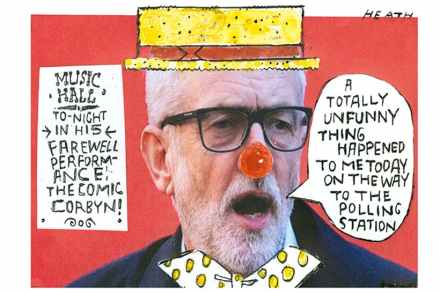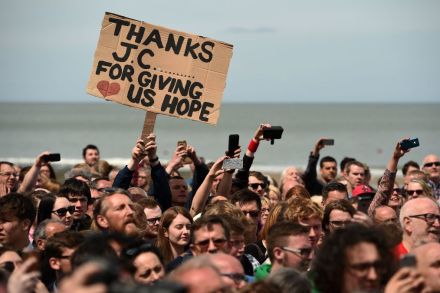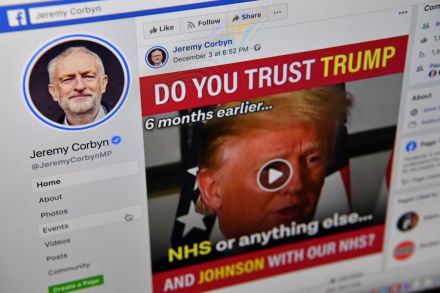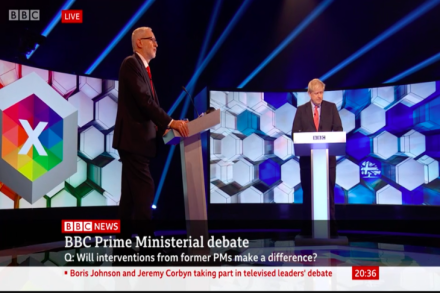New Corbynite MP’s car-crash interview
The newly-elected MP for Leicester East and loyal Corbynite Claudia Webbe spoke to BBC Radio 4’s Today programme earlier this morning. Webbe was asked why her party failed so badly at the general election but appeared unable to answer Nick Robinson’s simple line of questioning. Rather than responding to questions about the popularity of the policies, Ms Webbe instead started arguing about why the policies were needed in the first place. When Robinson attempted to steer her back to the question at hand, the MP began blaming ‘newspaper corporations that speak to the electorate’. Mr S thinks it might be a good idea if Webbe is stopped from speaking to the
















